Jamaica has been a powerhouse in track and field for many years, and the country has several people to thank for its status including a host of unsung heroes.
Notwithstanding the country’s success, especially since 2008, it is the view of some observers that with visionary leadership, the accomplishments could have been far greater. Dr Warren Blake, president of the Jamaica Athletics Administrative Association (JAAA), is stepping down after nine (9) years at the helm.
The vacancy provides an excellent opportunity for the next president to revamp the JAAA and restore its reputation, which had copped public criticism from sprint legend Donald Quarrie in July. However, the president hit back with his ‘proven’ record of accomplishment pointing to the country’s medal success at global championships.
The brief public spat between both men generated some lively debates among track aficionados, who found themselves peeling back the layers of the federation’s stewardship since 2011 when Blake took over as interim president following the death of his predecessor Howard Aris.
One of the arguments posited was apart from organising the national trials and making team selections, what were the other impactful actions by the JAAA?
Interviews conducted with three leading coaches, who requested anonymity, raised more questions than answers. “The federation has done nothing in terms of grass-root development” lamented one sprint guru. “They (JAAA) take a lot of credit for our success, but did they really contribute, especially in developing our junior athletes? Their approach is outdated, and if we continue along this path, our track and field will end up like West Indies cricket or the Reggae Boyz, rich with talent but suffering from poor administration.”
“I think they are taking things for granted,” another coach chimed in. “They act this way primarily because they can depend on us coaches to prepare the athletes at our expense to represent the country.”
It is common knowledge that the majority of high school coaches do not receive a salary after the completion of the annual Boys and Girls Champs. The Penn Relays, at the end of April, is usually one of the last competitions for Jamaica’s junior athletes before the national championships in June. It is during that six-week window that the third coach wants the JAAA to be proactive. “All the JAAA need is someone who is forward-thinking,” he opined.”
For example, if we have a world U-20 championships in July, the first thing the JAAA should do is name the coaching staff and management team from early, perhaps a week or two after the Penn Relays. The coaching staff’s main responsibility would be to ensure that the best available talent comes to the national trials. Outside of organising the trials, the JAAA could play an integral role in providing resources for nutrition, physiotherapy, training equipment and facilities for the athletes in the weeks leading up to the event. This would prevent athletes from coming to the trials undercooked or injured.”
At the senior level, controversies have been a constant companion of the federation. Every year since 2016, there has been a high-profile false start at the Jamaica National Senior Championships. The false start infringement in 2019 by former World Champion Danielle Williams, and subsequent handling of the situation by the JAAA, which included the reversal of an ad hoc selection policy after receiving international expert advice, made headlines around the globe.
At the 2017 IAAF Congress in London, the JAAA was one of twenty-one (21) countries that voted to lift sanctions imposed on Russia for doping by the International Association of Athletics Federations (IAAF).
On another occasion, the Jamaican team while leaving a pre-championship camp in Tottori, Japan en route to the 2015 Beijing World Championships, experienced flight arrangements that were not ideal resulting in some athletes missing up to two crucial days of training in China. This prompted outspoken coach Stephen Francis to make this infamous quote, “These people obviously can’t organise their way out of a garbage pan, and they should leave it alone. It is disastrous! I am sick and tired of letting the JAAA know that they are not experts.”
In 2013, one of the world’s greatest female sprinters threatened to go on strike because she felt the JAAA failed to defend the athletes when they adopted a silent approach amid hurtful accusations by WADA.
“You listen to accusations about Jamaica’s athletes, and there is no one to get up, take the mic and say, ‘What you are saying is a lie’. They are just sitting back, enjoying the benefits and fruits of our labour, but when it is time to actually doing their jobs, they are not doing it. We believe that we deserve not to have our names tarnished,” Shelly-Ann Fraser-Pryce told The Guardian.
The cancellation of the Jamaica International Invitational Meeting in 2019 due to a lack of funding was another big blow to the JAAA. The announcement came just four (4) days before the event and was met with disapproval among die-hearted track and field fans who reasoned the organising committee, chaired by the JAAA president, could have provided an earlier update.
The new JAAA president will have a lot to do in his/her first term. He or she must inspire trust, have transformational leadership qualities blended with excellent inter-personal skills. The new president must ensure that the federation’s decisions are arrived after consulting with representatives of key stakeholders. The JAAA deserves a leader surrounded by the best available team in these challenging times to reach the next level. The November elections should be interesting.
**The views expressed in this article are those of the author (Noel Francis) and do not necessarily represent the views of, and should not be attributed to, trackalerts.com.



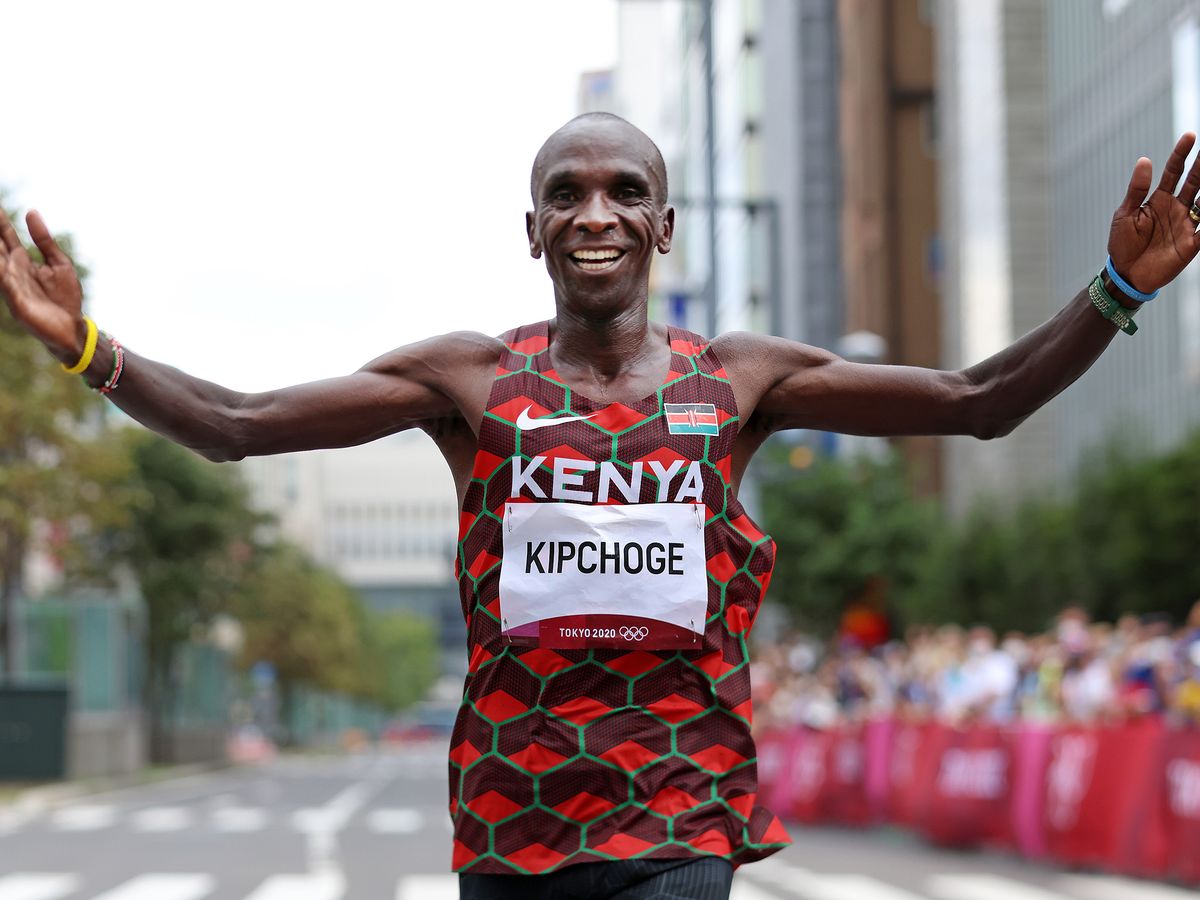
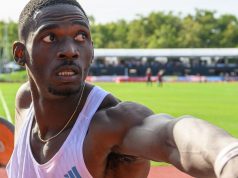
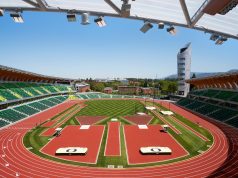
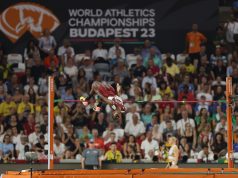

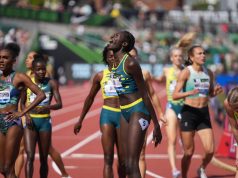
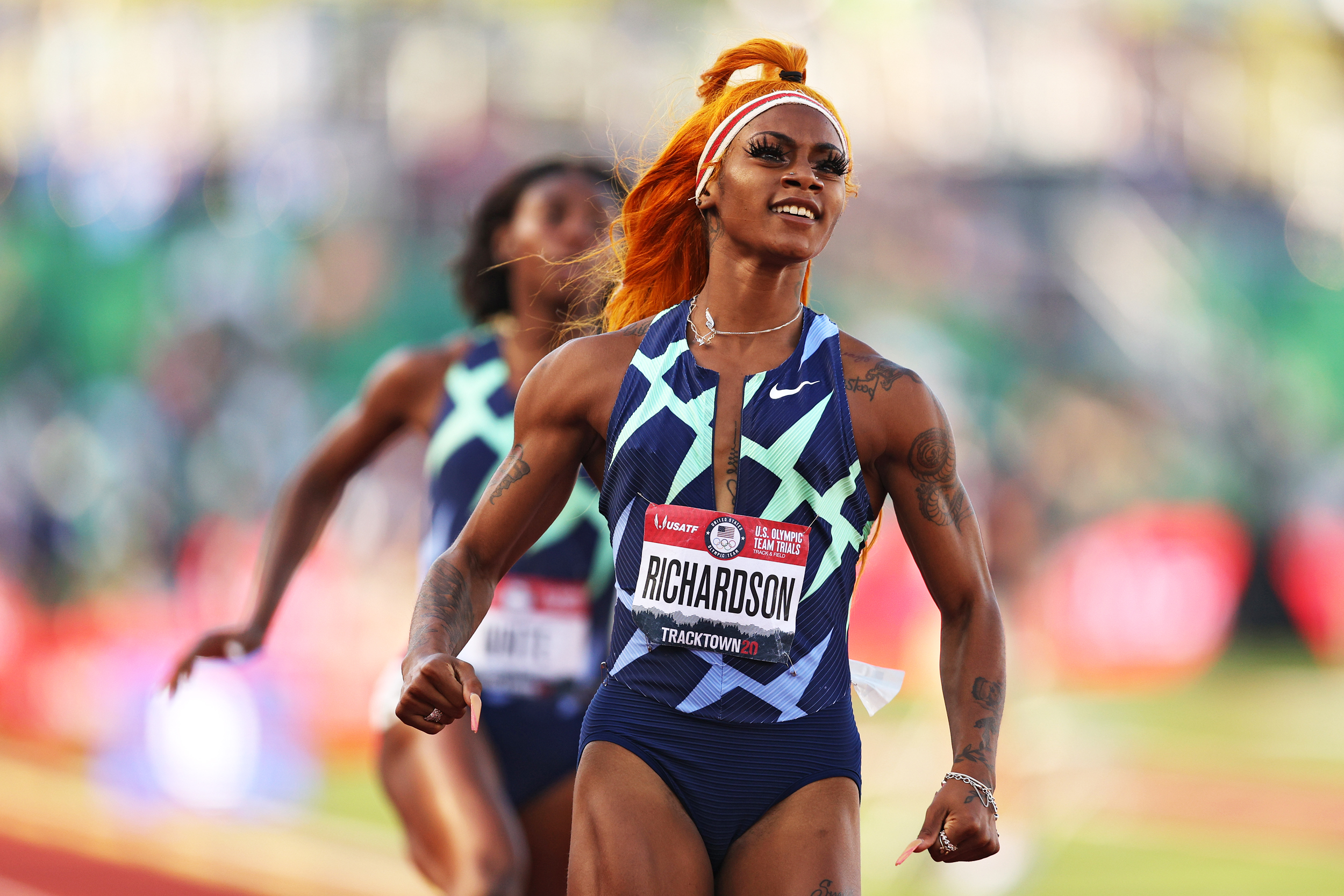


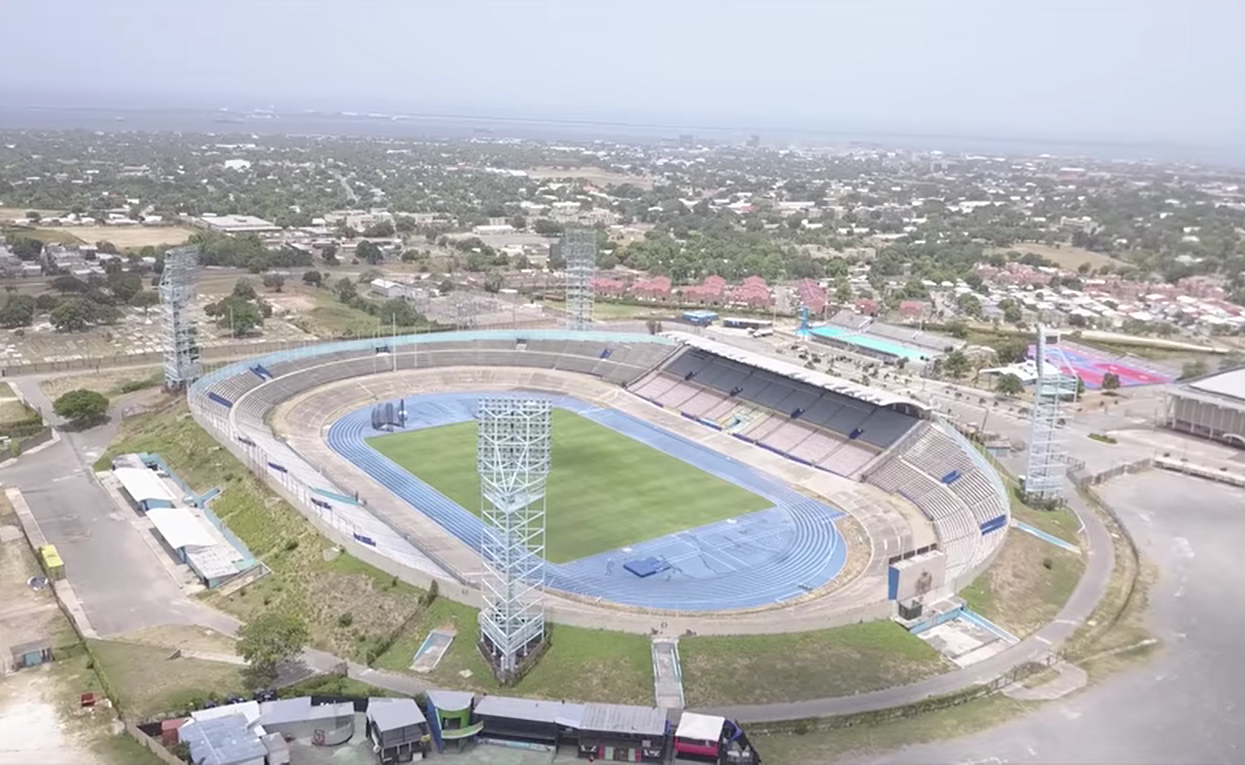
Dr Blake’s tenure as JAAA president has been decorated with controversies and missteps. I remember they selected a long jumper who switched allegiance from Canada, who came to the trials and produced 5 foul jumps out of 6. The man came 7th at trials and was picked over those who placed ahead of him for the Rio Olympics. Guess what happened in Rio? He produced 3 foul jumps in the first round. So the Olympics ended up as vacation for him.
Dr Blake’s tenure as JAAA president has been decorated with controversies and missteps. I remember they selected a long jumper who switched allegiance from Canada, who came to the trials and produced 5 foul jumps out of 6. The man came 7th and trials and was picked over those who placed ahead of him for the Rio Olympics. Guess what happened in Rio? He produced 3 foul jumps in the first round. So the Olympics ended up as vacation for him.
Sometimes the coaches selected for overseas assignments don’t know until a few days before departure.
From u see Quarrie face him look like some sly mongoose
I agree Urel idiotic
Stupid article. So the JAAA is doing badly because Quarrie said so? Listen, you must stop carry people axe and instead find out the facts.
Urel Sawyers True that… looking from the USA, Jamaica 🇯🇲 has been doing very well !!!
Did you actually read the article properly? The article highlighted a few areas which could be improved based on what the coaches said and suggested consensus when making decisions. The coaches are the unsung heroes while others take the praise. SFP said it best in 2013.
What are the facts? Success cannot be measured by medals alone. I guess you know more than the coaches and athletes in the system. There are so many examples from other federations that the JAAA could emulate and improve how they administer athletics. The JAAA website is outdated with the only thing current is the schedule.
What are the facts Urel? Medals alone don’t measure success. If that was the case the great Asafa Powell, who revived our sprinting breaking world records, would be considered a failure.
Excellent article.
Lawd! thank you Jesus. It has been hard to find joyous moments in this pandemic, but this gives me something to smile about. I hope that we choose a former athlete to fill the vacant post.